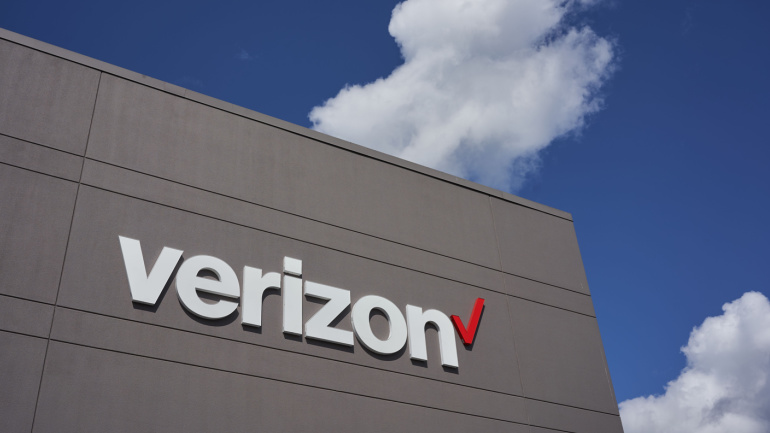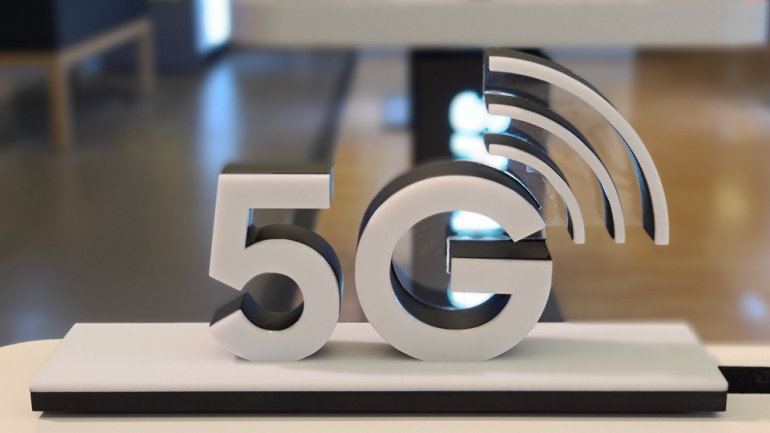Imagine assembling an intricate Lego structure – that’s precisely what building next-gen telecommunication networks feels like. Networks giant Cambium offers unique ‘Lego-like’ solutions that breathe life into the creative architectures planned by Internet Service Providers (ISPs). A spectrum of technologies encompassed by Cambium’s ONE Network – ranging from outdoor Wi-Fi access points to top-tier security – weaves a seamless tapestry from edge to cloud. But, it’s not all about gear and wires. Cambium’s technology is a fusion of robust security, user-friendliness, and high-grade end-user experience.
To provide immediate relief, Verizon has extended its offering of unlimited calling, texting, and data services for prepaid and postpaid customers residing on Maui. This special arrangement, available from August 10 to August 31, 2023, aims to provide solace to thousands of consumers and small business owners who heavily depend on their mobile devices during this challenging period. The initiative covers all prepaid and postpaid consumer and small business customers with billing addresses on Maui.
In a first for the region, Ericsson and Australian operator TPG are creating a cloud-native AI-powered analytics tool, designed specifically to streamline 4G and 5G networks. With the power to predict and fix performance issues in real-time, this tool aims to enhance response times to network issues and reduce reliance on complex infrastructure analysis. Showcasing TPG as an early adopter, this technology also enhances network flexibility as usage increases, allowing for tracking of around five million subscribers.
In today’s fast-paced and competitive business landscape, resellers are constantly seeking ways to differentiate themselves, establish a strong brand identity and offer unique value propositions to their customers. White label Voice over Internet Protocol (VoIP) solutions have emerged as a powerful tool for resellers looking to gain a competitive edge in the telecommunications market.
Five9, the renowned provider of the Intelligent CX Platform, has unveiled its plans to acquire Aceyus, a prominent player in advanced data integration and analytics. The announcement comes as Five9 continues to bolster its capabilities and expand its market presence in the realm of customer experience solutions. Aceyus is recognized for its comprehensive suite of pre-built integrations, which enable the aggregation of data from various sources.
Nokia, TPG and Mediatek are collaborating to showcase the power of carrier aggregation technology in live-streaming 360-degree broadcasts, a key element for future metaverse applications. The demonstration at Nokia’s 5G Futures Lab used multiple sub-6 GHz frequency bands to maximize 5G uplink speeds, enabling real-time transmission of high-quality video. The technology could revolutionize the viewing experience for TV, movies, sports and industrial metaverse scenarios such as remote-controlled robots performing hazardous tasks.
UK’s Voxnube and Silicon Valley’s Altigen partner to offer comprehensive Microsoft Teams solutions, while Verizon raises rates on 2018 unlimited plans. Samsung introduces One UI 6 Beta for Galaxy S23 Series, featuring improved user-friendliness. MarCloud Consulting joins forces with Sinch for enhanced global marketing growth.
The Q2 global market growth for cloud infrastructure services showed a flourishing trend, although at a slightly reduced rate from Q1. The noteworthy strides are largely linked to evolving spending habits, with AI expected to power considerable growth soon. Amazon and Microsoft demonstrate this shift, announcing AI-focused programs in response to the rising demand. Nevertheless, mastering AI implementation comes via strategic partnerships, open to those willing to forward AI applications.
As Poland launches its long-awaited 5G spectrum auction in the 3.5GHz band, all four national mobile operators are joining the race. With COVID-19 delays and governmental cybersecurity amendments posing uncertainties, the stakes remain high in Poland’s quest for competitive 5G capabilities. As the process evolves, international eyes are keenly watching the influence of these audacious moves on the global telecommunications landscape.
In an audacious move against China’s tech supremacy, the U.S. has issued an executive order curbing American investment in several Chinese industries. Citing national security fears linked to the development of military, surveillance, and cyber technology in China, the U.S. declared a national emergency facilitating swift action. This could significantly impact sectors such as semiconductors and quantum computing, and might also influence global investment trend.













